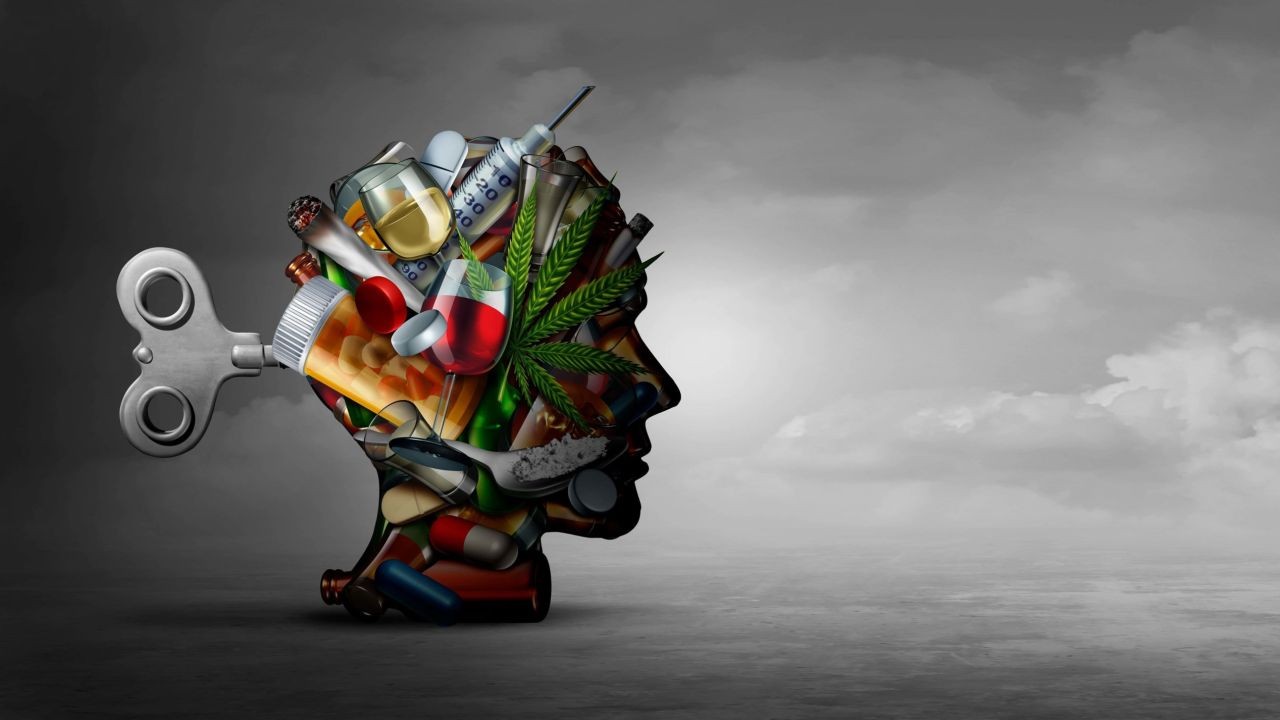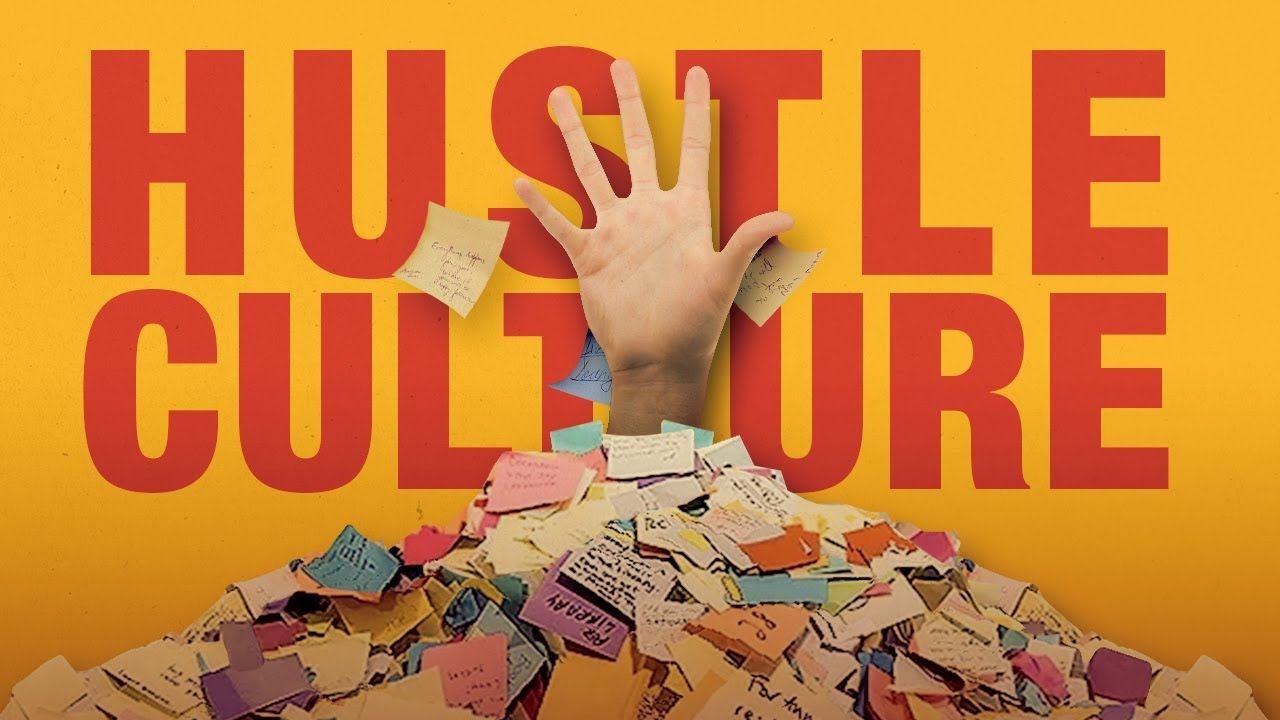Introduction
In the heart of New Zealand's vibrant cities, a silent epidemic unfolds. Drug addiction is a pressing issue that transcends social and economic boundaries, impacting communities, families, and individuals. The approach New Zealand has taken towards tackling drug addiction in its major cities offers a unique narrative of compassion, innovation, and resilience. As global attitudes towards drug policy shift, New Zealand stands at the forefront, crafting strategies that prioritize health and well-being over punitive measures. This article delves into the intricacies of New Zealand's approach, offering insights backed by data and expert opinions.
Understanding the Landscape: Drug Addiction in New Zealand
The prevalence of drug addiction in New Zealand has seen a notable rise over the past decade. According to a report by the Ministry of Health, approximately 12% of New Zealanders have reported using illicit drugs in the past year. This statistic is not just a number; it represents a complex web of social, economic, and health-related challenges that cities like Auckland, Wellington, and Christchurch face daily. The economic implications are significant, with drug addiction contributing to lost productivity and increased healthcare costs, estimated at over NZD 1.8 billion annually.
Case Study: Auckland's Comprehensive Approach
Problem:
Auckland, New Zealand's largest city, has long grappled with the challenges of drug addiction. The city's diverse population and vibrant nightlife have made it a hotspot for drug-related issues. Approximately 20% of Auckland's population has been directly impacted by drug-related harm, either through personal use or the use of a close family member.
Action:
The Auckland City Council, in collaboration with local health authorities, implemented a multi-faceted strategy to address these challenges. The approach focuses on harm reduction, education, and rehabilitation. Key initiatives include the establishment of safe consumption spaces, increased funding for addiction treatment programs, and public education campaigns aimed at reducing stigma and encouraging people to seek help.
Result:
Within two years of implementation, Auckland has seen a 15% reduction in drug-related hospital admissions and a 25% increase in individuals accessing treatment services. The city's approach has been lauded globally as a model for compassionate and effective drug policy.
Takeaway:
Auckland's success underscores the importance of a holistic approach to drug addiction that prioritizes health and community well-being over criminalization. Other cities in New Zealand can draw lessons from Auckland's experience to enhance their own strategies.
Data-Driven Insights: The Impact of Drug Policy in New Zealand
Research from the University of Auckland highlights that harm reduction strategies have led to a significant decrease in drug-related harms. For instance, the introduction of needle exchange programs has reduced the incidence of HIV among injecting drug users by 70% since 2000. Moreover, a report from Stats NZ indicates that cities with robust harm reduction policies have seen a 35% decrease in drug-related crime.
Contrasting Perspectives: The Debate on Drug Policy
New Zealand's progressive approach to drug policy is not without its critics. On one hand, advocates argue that harm reduction and rehabilitation are essential for reducing the societal impact of drug addiction. They point to evidence indicating that punitive measures fail to address the root causes of addiction and often exacerbate the problem.
On the other hand, critics argue that such policies may inadvertently encourage drug use by creating a perception of leniency. They call for stricter enforcement and harsher penalties as a deterrent to drug-related activities.
Middle Ground:
A balanced approach that combines harm reduction with targeted enforcement may offer the most effective solution. By focusing on rehabilitation and support, while maintaining a clear legal framework, New Zealand can continue to lead in crafting innovative drug policies.
Common Myths & Mistakes in Addressing Drug Addiction
- Myth: "Rehabilitation services are only for severe cases." Reality: Early intervention and access to rehabilitation can prevent the progression of addiction. Statistics from the Ministry of Health show that individuals who access treatment early have a 60% higher chance of recovery.
- Myth: "Harm reduction encourages drug use." Reality: Studies have shown that harm reduction strategies, such as safe consumption spaces, do not increase drug use but significantly reduce drug-related harm and fatalities (Source: NZ Drug Foundation).
- Myth: "Addiction is solely a moral failing." Reality: Addiction is a complex health condition influenced by genetic, environmental, and psychological factors. Recognizing it as such is crucial for effective treatment and support.
Biggest Mistakes to Avoid in Drug Policy
- Ignoring the role of mental health: Drug addiction often coexists with mental health issues. Integrated treatment approaches that address both are essential for successful outcomes.
- Underfunding treatment programs: Adequate funding is crucial for the availability and accessibility of treatment services. According to the New Zealand Drug Foundation, increasing funding by 20% could lead to a 30% improvement in treatment outcomes.
- Neglecting community involvement: Community support and involvement are key components of successful drug policy. Engaging local communities in awareness and support initiatives can enhance the effectiveness of policy measures.
Future Trends & Predictions in Drug Policy
Looking forward, New Zealand is poised to further innovate in the realm of drug policy. By 2028, it is predicted that digital health interventions, such as telehealth counseling and mobile health apps, will become integral to addiction treatment, increasing accessibility and engagement. Additionally, as global attitudes continue to shift, New Zealand may explore the decriminalization of certain substances, following the successful models of countries like Portugal.
Final Takeaways
- Comprehensive Approach: New Zealand's strategy highlights the effectiveness of combining harm reduction, education, and rehabilitation.
- Community Engagement: Involving local communities is crucial for the success of drug policies.
- Future Innovations: Embracing digital health solutions could revolutionize addiction treatment in New Zealand.
Conclusion
New Zealand's approach to handling drug addiction in its major cities offers a compelling example of how compassionate, data-driven policies can lead to positive outcomes. By focusing on health and well-being, New Zealand not only addresses the immediate challenges of drug addiction but also paves the way for a healthier, more resilient society. As the landscape of drug policy continues to evolve, New Zealand remains a beacon of innovation and hope. Share your thoughts on how New Zealand's approach could influence global drug policy trends in the comments below!
People Also Ask (FAQ)
- How does drug addiction impact New Zealand's economy? Drug addiction contributes to over NZD 1.8 billion in annual costs due to lost productivity and healthcare expenses (Source: Ministry of Health).
- What are the biggest misconceptions about drug policy in New Zealand? One common myth is that harm reduction encourages drug use. However, research by the NZ Drug Foundation shows it significantly reduces harm and fatalities.
- What are the best strategies for addressing drug addiction? Experts recommend a combination of harm reduction, education, and rehabilitation, supported by community involvement for effective outcomes.
Related Search Queries
- New Zealand drug policy 2023
- Harm reduction strategies in New Zealand
- Drug rehabilitation programs NZ
- Impact of drug addiction on NZ economy
- Auckland drug addiction statistics































